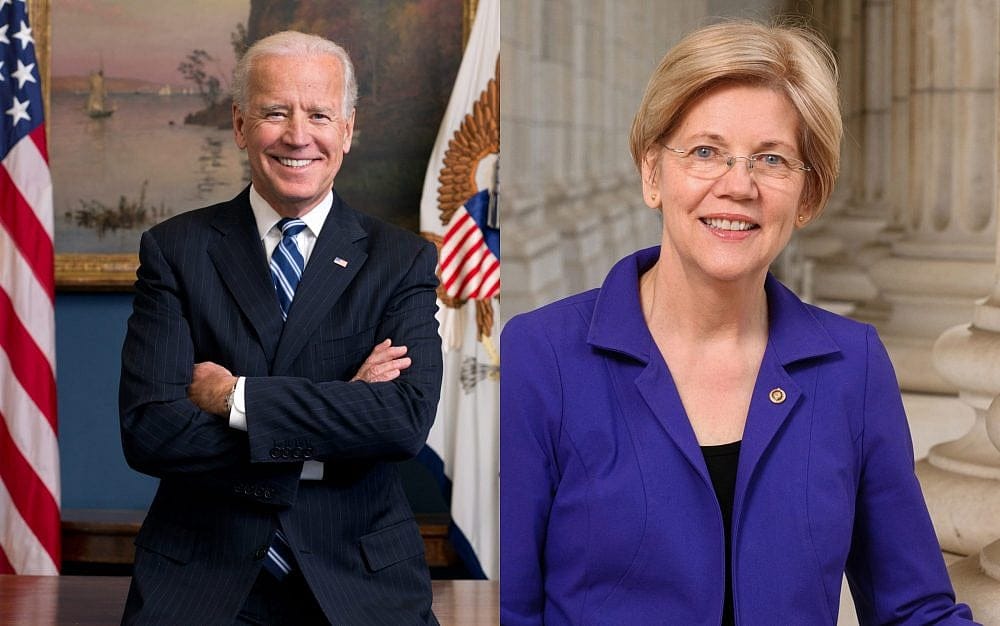Massachusetts Democrats Want Warren As Vice President; How Would That Affect the U.S. Senate?

A plurality of Massachusetts Democrats would like to see U.S. Senator Elizabeth Warren serve as vice president — a move that would have consequences for the party in the U.S. Senate.
An Emerson College poll conducted from May 4 to May 6 found that 29 percent of Bay State Democrats had Warren as their top pick to be Joe Biden's running mate. After her, California U.S. Senator Kamala Harris (21 percent) and Minnesota U.S. Senator Amy Klobuchar (17 percent) followed.

